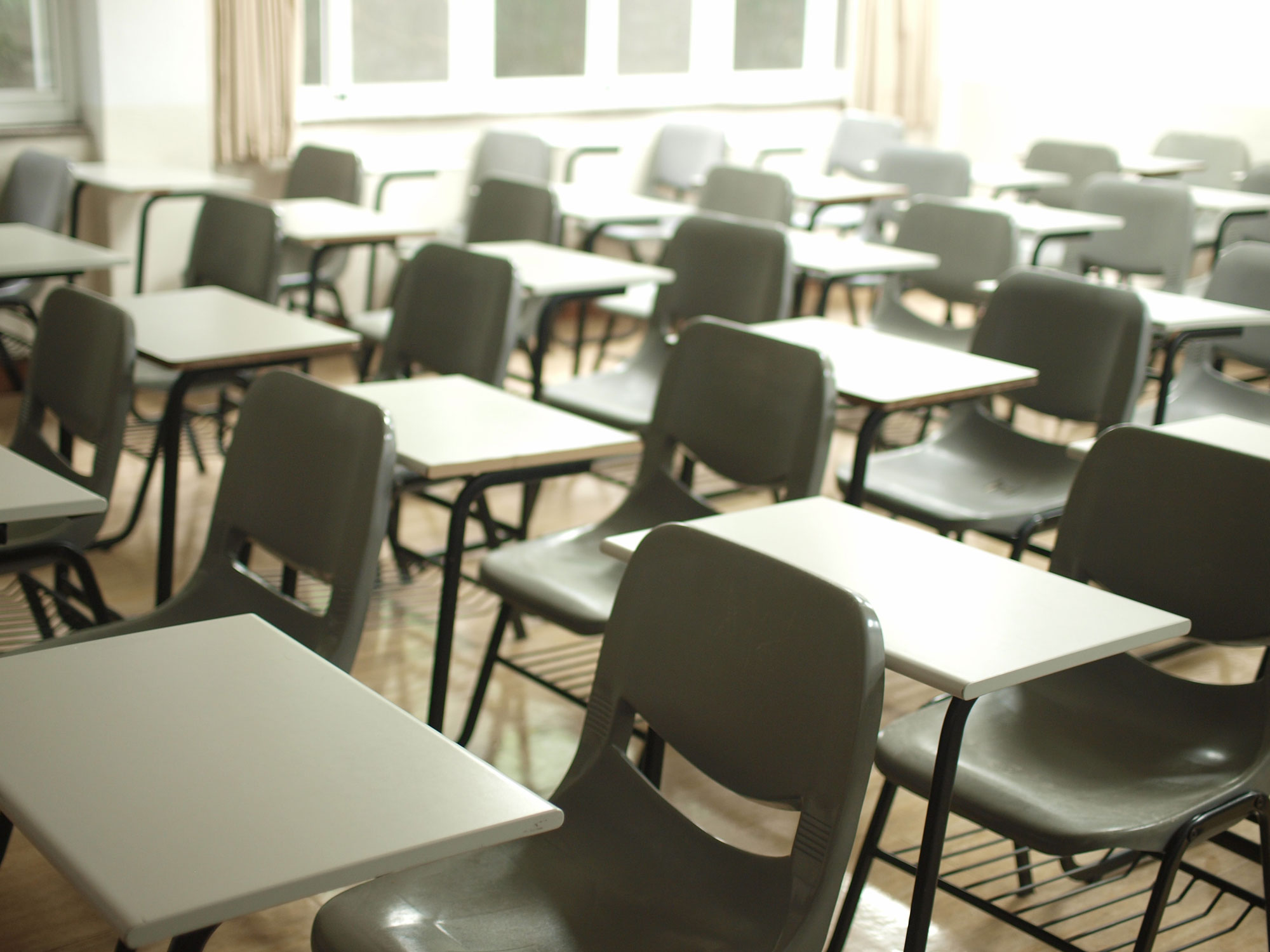Just over two years ago 24,000 schools in England were required to close in response to the spread of COVID-19. Unbeknownst to the country, this was the beginning of a protracted period of home learning, isolation and a growing endemic of loneliness, mental health problems and a gap in socialisation of the COVID cohort which we are still trying to quantify today. Is this the silent legacy of a global pandemic?
Before we start to interrogate the data gathered in the many studies on the effects of the pandemic on children, it is worth benchmarking The Children’s Society’s ‘five ways to well-being’, [1] identified through an international evidence base. These include: connect, keep learning, take notice, be active and be creative. These key indicators, central to the happiness of young people, have been eroded by the pandemic and require a wider investment from the government to ensure that this generation, and their outcomes, aren’t written off.
The importance of socialisation
With school closures came a shift into new ways of learning and new ways of socialising too. The sociological benefits of school cannot be underestimated, and this graphic below shows the wider societal functions education settings teach, outside of the traditional 3 ‘R’s’ framework.
The functions of Education [2]
Without the socialisation aspect of school, how would children learn the norms and values central to living as a functioning adult in society? The study ‘Coronavirus: Supporting Pupil’s Mental Health and Well-Being’, written in association with the National Association of Head Teachers (NAHT), cites ‘loss of self-worth gained from peer groups; missing friends; difficulties maintaining friendships remotely; loss of social rewards and social identity’ [3] as by-products of the lack of socialisation with friendship groups during lockdown. Although the digital fluency of young people is high, factors such as socioeconomic status and cyber bullying play into the potential difficulties of maintaining friendships virtually; even those who were able to virtually connect with friends and family still felt a social disconnect from lack of real life connections. Recent research by Nowland, et al found that chronic loneliness extends far beyond the reaches of the school gates and is experienced by around a third of parents, with evidence that parental loneliness has direct and intergenerational impacts on parent and child mental health. [4] Since schools have reopened, the re-adjustment to structure, learning and in-person socialisation has been difficult for some pupils, with feelings of anxiety and uncertainty high. This may manifest itself in challenging or worrying behaviour which requires monitoring and intervention from third sector organisations able to offer specific and personalised levels of support.
Investment in mental health recovery in schools
The government announced in their COVID-19 Mental Health and Wellbeing Recovery Action Plan that £79 million would be put towards funding to improve access to children and young people’s mental health support, including Mental Health Support Teams in schools. But with research from the Centre for Mental Health showing that 1.5 million children and young people will need either new or additional mental health support as a direct consequence of the COVID-19 pandemic, [5] many are asking if mental health is playing second fiddle to academic attainment, when it should be the central priority of the recovery programme. Tim Gardner, senior policy fellow at the Health Foundation said, “Children and young people must be at the heart of the national recovery effort, including revisiting plans to expand access to mental health services to account for greater need and targeted action to address the backlogs in children’s health services.”
Closing the socialisation gap
With money being invested into mental health, what can schools do to support re-socialisation? A whole school approach is needed and engagement in school life must come not just from schools and students but parents too; this is vital to a mentally healthy environment. A study by Programme for International School Assessment (PISA) revealed that ‘In schools where parents know their children’s friends and their families, students are more likely to develop their skills, improve their attitude towards collaboration, and feel happier and safer at school.’ [6] Leading by example, connecting and socialising, not only facilitates and supports friendships, parents are also teaching their children how to socialise - a skill that many pupils up to the age of seven will have missed out on completely in a school environment due to COVID disruption.
It is clear that children have borne the brunt of the burden of COVID and recovery needs to see schools invest in their pastoral care and prioritise mental health. The sense of belonging which many pupils felt pre-COVID has now been replaced with uncertainty and anxiety; not only for the learning they have missed but the connections and friendships that may have waned during lockdown. Whole school communities need to come together and not only acknowledge the devastation of the pandemic but also work on rebuilding that sense of belonging which is so essential to a mentlly healthy school. Communication and cooperation between all communities invested in the wellbeing and educational outcomes of children is not the job of some of us, it is the job of all of us.
[1] The Children’s Society (2021) The impact of COVID-19 on children and young people childrenssociety.org.uk/information/professionals/resources/impact-of-covid-19-on-young-people
[2] Sociological Perspectives on Education
https://open.lib.umn.edu/sociology/chapter/16-2-sociological-perspectives-on-education/
[3] Anna Freud National Centre for Children and Families (2020) Coronavirus: Supporting Pupils’ Mental Health and Well-being
https://www.annafreud.org/media/12990/naht-coronavirus-wellbeing-proof-4-1.pdf
[4] Nowland, R., Thomson, G., McNally, L., Smith, T., & Whittaker, K. (2021). Experiencing loneliness in parenthood: a scoping review. Perspectives in public health, 141(4), 214-225.
[5] O’Shea, N. (2020) Centre for Mental Health Covid-19 and the nation’s mental health: Forecasting needs and risks in the UK
https://www.centreformentalhealth.org.uk/sites/default/files/publication/download/CentreforMentalHealth_COVID_MH_Forecasting3_Oct20_0.pdf
[6] Echazarra, A. (2019), "Do parents of 15-year-olds know many of their child’s school friends and their parents?", PISA in Focus, No. 98, OECD Publishing, Paris
https://doi.org/10.1787/117d034c-en.
Are you on Classlist yet?
Classlist's award-winning parent communications app is the safer alternative to public social networks. It's easy to set up! Be amongst more than 400,000 parents using Classlist in 30+ countries. Get started today!




